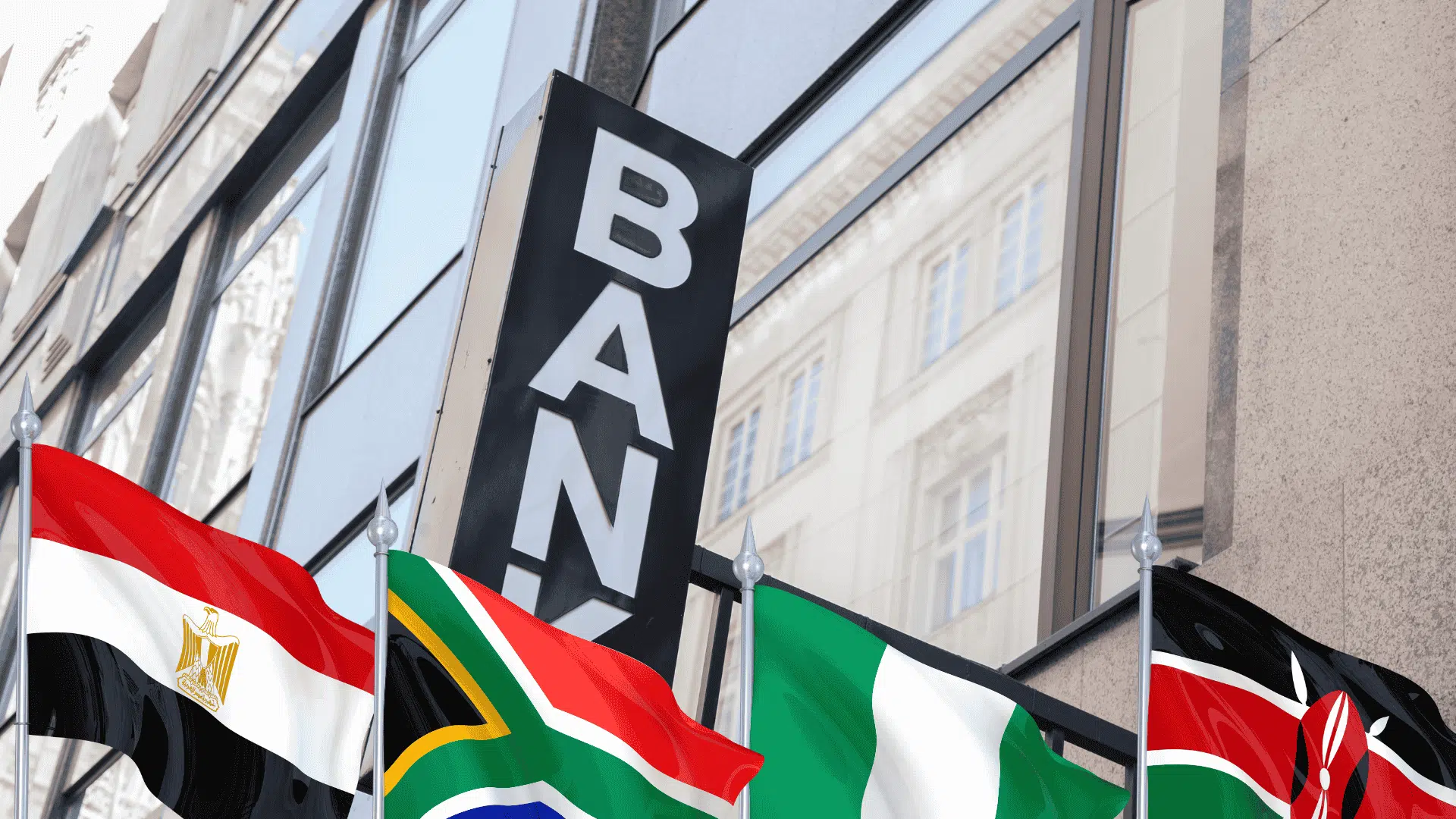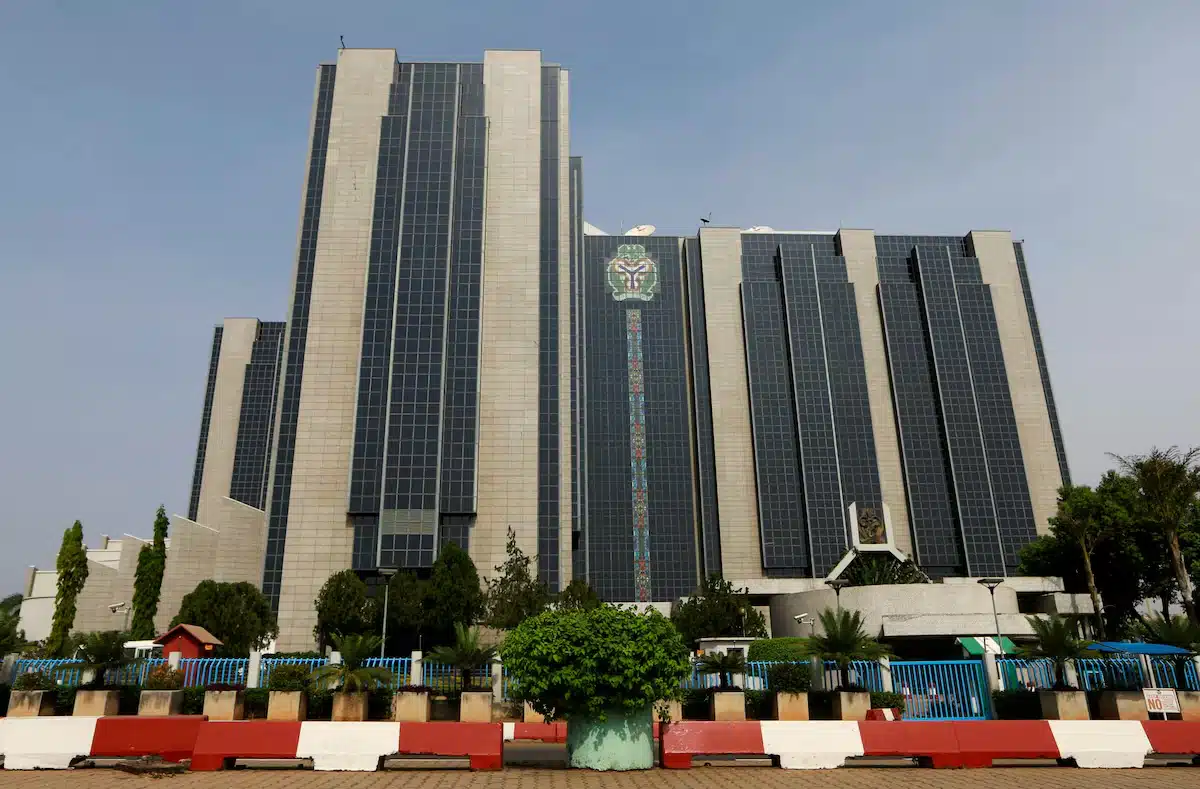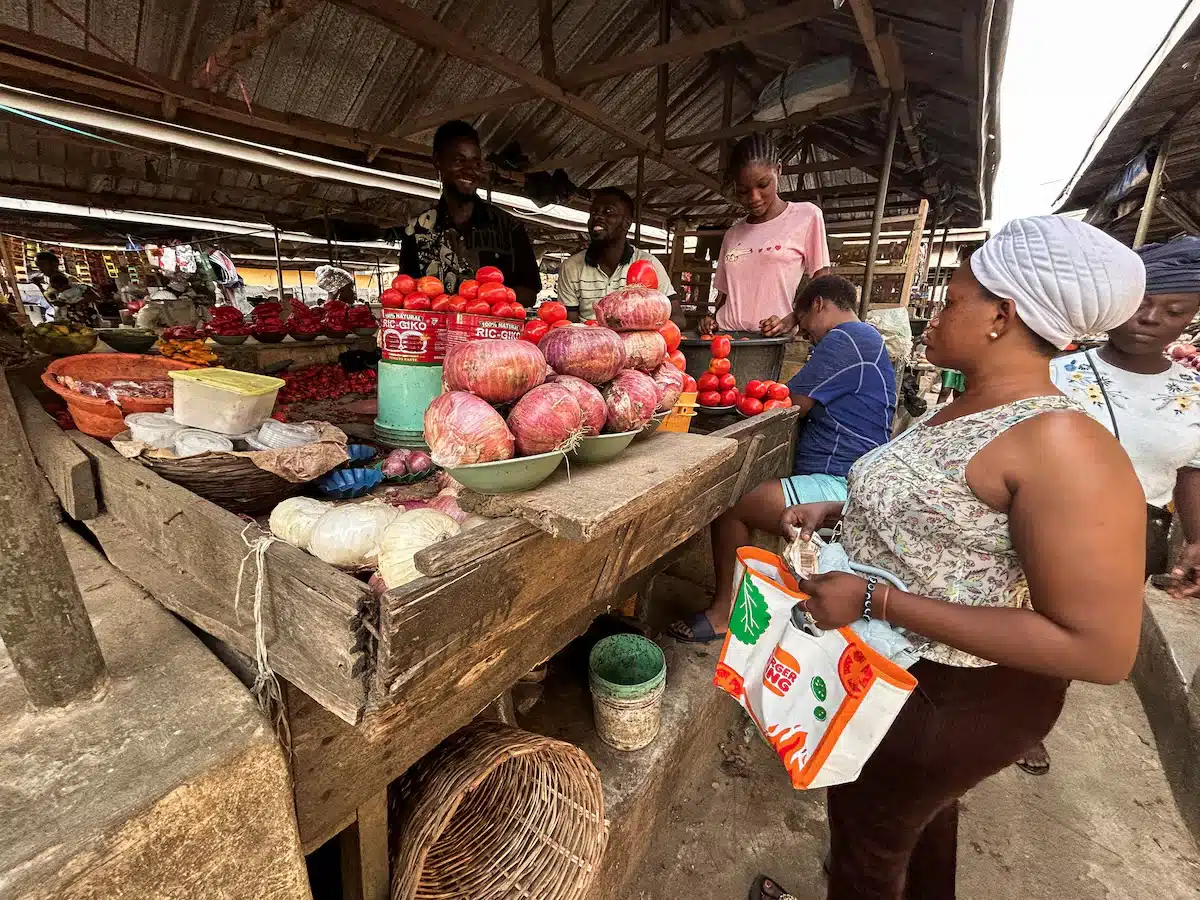Top Stories

The NSE will integrate M-Pesa into share trading, a move that shortens settlement cycles and positions Kenya’s leading telco as a gateway to equity markets.

Nigeria’s tax reforms are pushing compliance into the payments layer. Bujeti is responding by embedding tax logic, controls, and governance directly into business finance workflows.
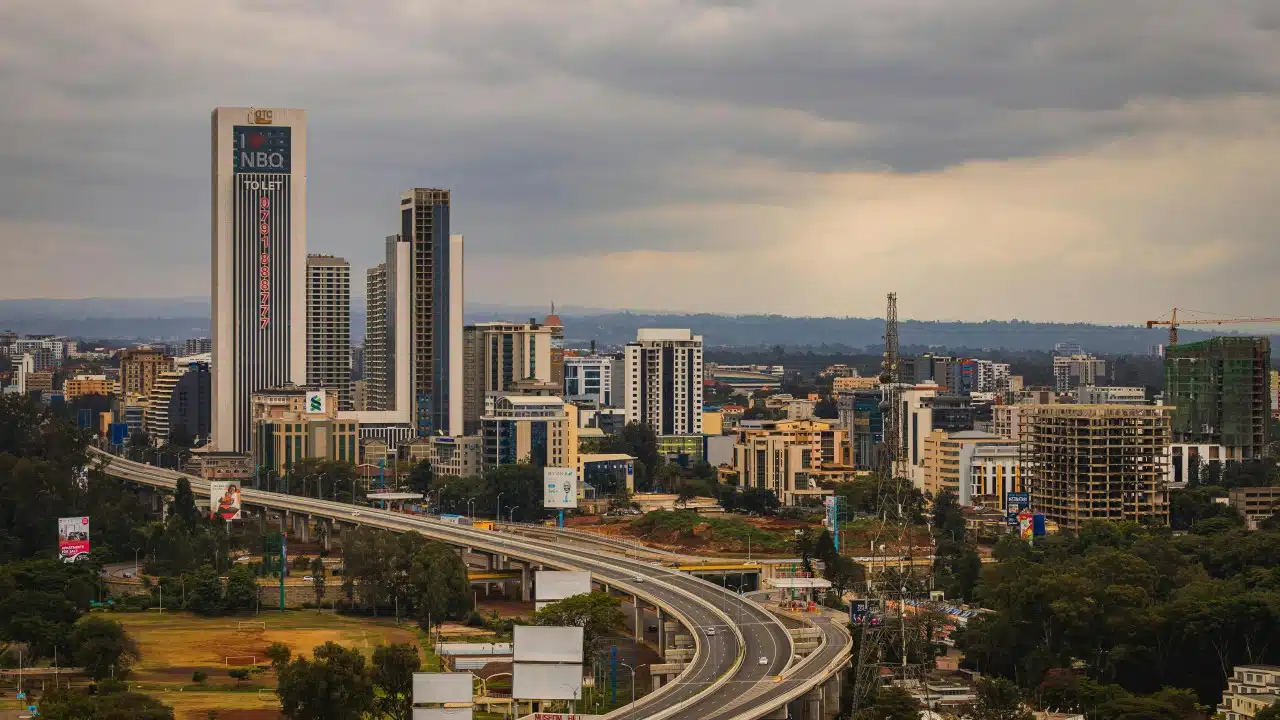
Africa heads into 2026 with sovereign credit assessments that reflect a continent moving at different speeds. Ratings from Moody’s, S&P Global Ratings, and Fitch Ratings now show a wider gap between countries
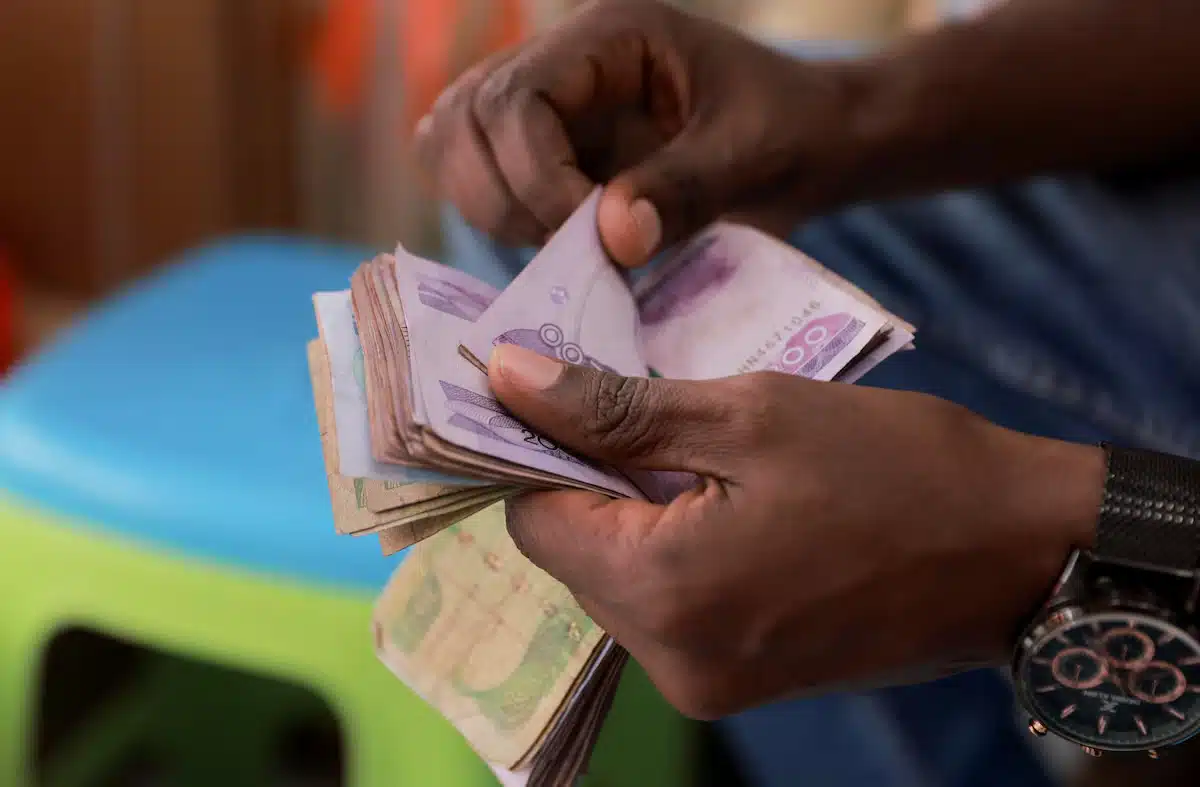
The figure reflects the combined value of 10 FX auctions held by the National Bank of Ethiopia (NBE) between February and the second week of December 2025, aimed at deepening liquidity and strengthening the Birr
Brand Press:
Target Yield offers Nigerians a disciplined goal-driven investment structure with…

In Nigeria’s fast-evolving financial ecosystem, one persistent challenge continues to…


You can post on Techpoint Africa too!
Post hereTarget Yield offers Nigerians a disciplined goal-driven investment structure with…

In Nigeria’s fast-evolving financial ecosystem, one persistent challenge continues to…


You can post on Techpoint Africa too!
Post hereOther highlights

Standard Bank has agreed to provide a $138m facility to Safaricom Ethiopia, backing network expansion as the operator scales in Africa’s second-most populous market.
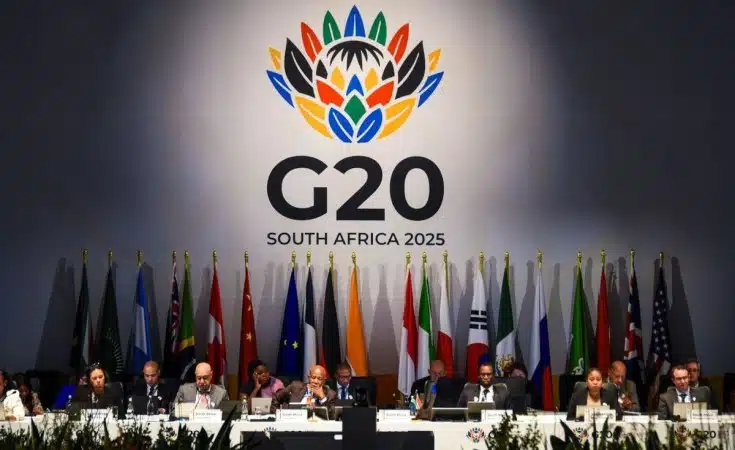
Many low-income countries had been struggling with mounting debt distress before COVID-19, but the pandemic worsened the problem. In the shadow of soaring Eurobond maturities and post-COVID economic scars, Africa’s low-income countries (LICs) have been facing a debt crisis.

Egypt’s inflation cooled more than expected in November, easing pressure on the central bank and strengthening the case for resuming rate cuts at its 25 December meeting.

Telcos, fintechs and open-finance platforms are exposing APIs that let African developers move money, verify identity and offer credit with just a few lines of code.

